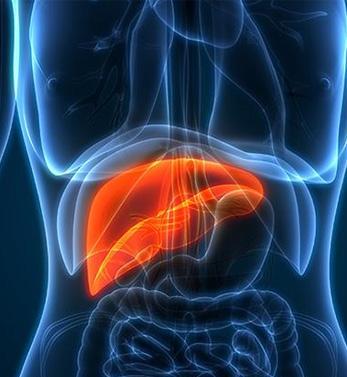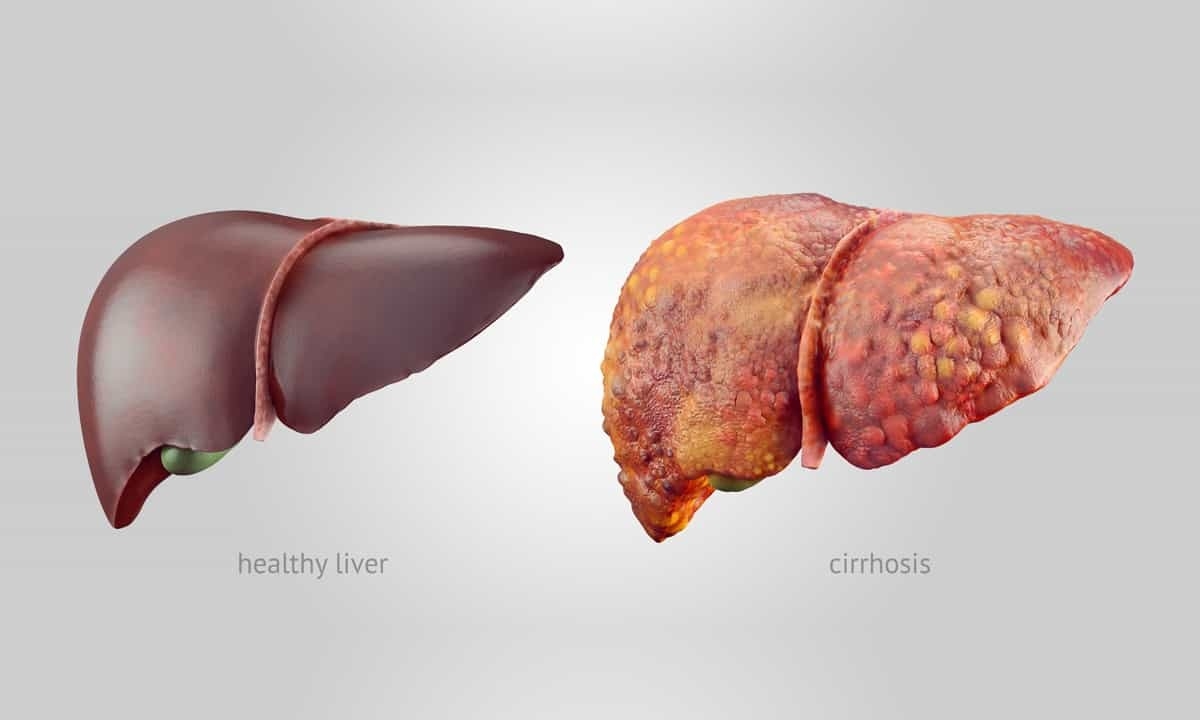


Cirrhosis
Diseases such as hepatitis B, C and D, alcohol-related and non-alcoholic fatty liver disease cause liver damage. As a result of the deterioration of the cells, the liver becomes unable to perform many functions. This process is actually the first stage of cirrhosis and usually proceeds without symptoms. In case of increased liver damage, the disease progresses further and the liver hardens and shrinks. In the last stages of the disease, the possibility of liver failure is quite high. Therefore, in some cases, cirrhosis is also called liver failure. In many patients, cirrhosis occurs during general controls or in tests performed as a result of some complaints of the patient. Symptoms such as weakness, weight loss, jaundice, decrease in muscle mass, abdominal swelling, nail changes, swelling in the legs, bloody vomiting, muscle cramps, menstrual irregularity, sexual dysfunction, black stools are among the symptoms of cirrhosis, which progresses asymptomatically in the first stage. It is possible to treat cirrhosis with medication. During the treatment period, alcohol should also be completely abandoned. However, liver transplantation is the only treatment that can be applied in cases where cirrhosis progresses and drug therapy is not sufficient. Therefore, as with many other diseases, early detection of cirrhosis is critical.